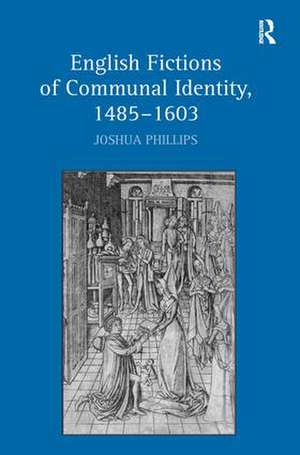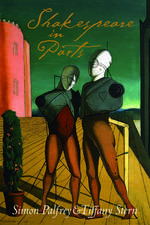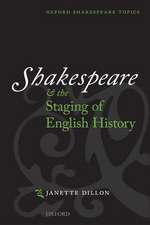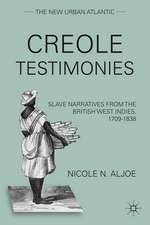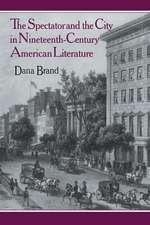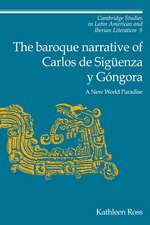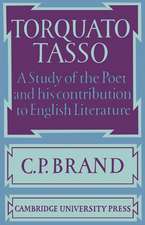English Fictions of Communal Identity, 1485�1603
Autor Joshua Phillipsen Limba Engleză Hardback – 28 ian 2010
| Toate formatele și edițiile | Preț | Express |
|---|---|---|
| Paperback (1) | 260.93 lei 6-8 săpt. | |
| Taylor & Francis – 14 oct 2024 | 260.93 lei 6-8 săpt. | |
| Hardback (1) | 1054.71 lei 6-8 săpt. | |
| Taylor & Francis – 28 ian 2010 | 1054.71 lei 6-8 săpt. |
Preț: 1054.71 lei
Preț vechi: 1286.24 lei
-18% Nou
Puncte Express: 1582
Preț estimativ în valută:
201.84€ • 209.53$ • 168.30£
201.84€ • 209.53$ • 168.30£
Carte tipărită la comandă
Livrare economică 22 martie-05 aprilie
Preluare comenzi: 021 569.72.76
Specificații
ISBN-13: 9780754665984
ISBN-10: 0754665984
Pagini: 268
Dimensiuni: 156 x 234 x 16 mm
Greutate: 0.45 kg
Ediția:1
Editura: Taylor & Francis
Colecția Routledge
Locul publicării:Oxford, United Kingdom
ISBN-10: 0754665984
Pagini: 268
Dimensiuni: 156 x 234 x 16 mm
Greutate: 0.45 kg
Ediția:1
Editura: Taylor & Francis
Colecția Routledge
Locul publicării:Oxford, United Kingdom
Public țintă
AcademicNotă biografică
Joshua Phillips is Associate Professor of English at the University of Memphis, USA.
Cuprins
Introduction; Part I Belonging and Belongings; Chapter 1 The Caxtonian Imaginary: Knights and the Dreams of the Abbey-Lubbers; Chapter 2 Staking Claims to Utopia : Thomas More, Prose Fiction, and the Matter of Belonging; Part II Knowing Together, Laboring Together; Chapter 3 William Baldwin and Communities of Fiction; Chapter 4 Anthony Munday, Romance, and the Production of Collective Selves; Part III Broken Music: Re-imagining Collective Subjectivity; Chapter 5 Hoc Opus, Hic Labor Est : Sir Philip Sidney and the Work of Shame; Chapter 6 Thomas Nashe, Thy Unworthy Speaker to the World; conclusion Conclusion;
Recenzii
'... subtle, well written, and informed by a wide variety of scholarship. At a time when we have begun to investigate the possibility that even the great William Shakespeare had coauthors, English Fictions of Communal Identity is a useful reminder that no man - certainly no author - is an island.' Sixteenth Century Journal '... Phillips succeeds in advancing a fresh and stimulating appraisal of the fictional works and their interaction with a sixteenth-century readership. Asserting the capacity for society to have produced texts and meanings which conveyed a sense of collective identity, Phillips uses his evidence to reveal (borrowing Benedict Anderson's concept) 'imagined communities' whose members were alert to collective bonds. ... Phillips skilfully interweaves these theoretical insights with the practical realities of sixteenth-century communal life, including linkages based on clientage, patronage, kinship and marriage, legal institutions, as well as more nebulous links derived from local custom, neighbourly proximity, and friendship.' Parergon
Descriere
Focusing on Tudor prose fiction from Malory's Morte D'Arthur through the works of Sir Philip Sidney and Thomas Nashe, this study explores the concept of "collective agency" and the extensive impact it had on English Renaissance culture. Ultimately, author Joshua Phillips challenges standard accounts of literary history and periodization to offer a new way of theorizing the relation between collaboration and identity.
